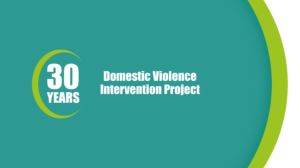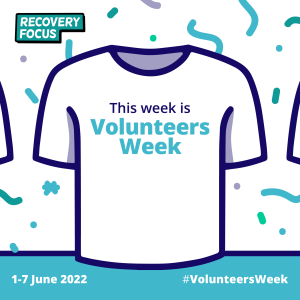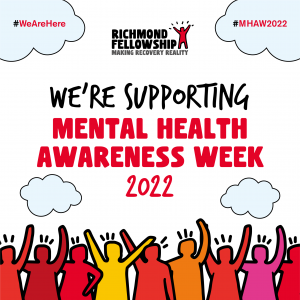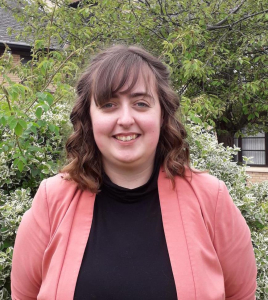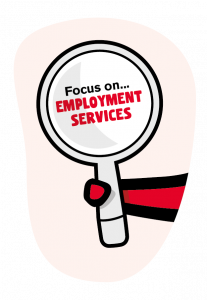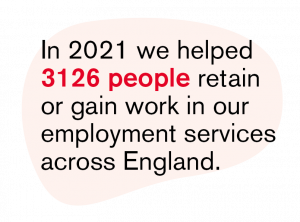World Suicide Prevention Day 2022: A person we’ve supported story
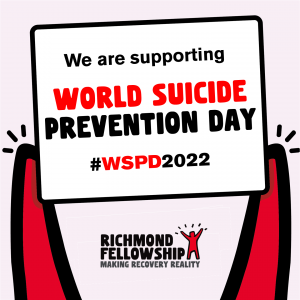 At Richmond Fellowship, the people we support are at the heart of everything we do.
At Richmond Fellowship, the people we support are at the heart of everything we do.
Our services up and down England provide support to people who are experiencing mental ill health . In recent years we have pioneered the provision of crisis services, designed with and in response to the needs of the people we support.
These early intervention services support to people who are experiencing suicidal thoughts or a mental health crisis.
For World Suicide Prevention Day 2022, a person we’ve supported at Willow House in Chorley explains how the coping skills they learnt at the service have helped them on their recovery journey.
“Every day I felt empty and numb. There was no emotion and I forgot how to smile. Too often I would find myself in a bottomless dark pit. Honestly, I hated my own existence.
I looked at myself and saw nothing but flaws and failure. I believed people when they told me I was fat, ugly weird. A freak. In my mind I was all of those things. Useless and a burden.
Coming here, although challenging, was the break I needed. As humans we often forget to look after ourselves. We believe that we can take on way more than we can handle but, everybody needs a break at some point.
During my time here I’ve taken social media breaks, fell back in love with old hobbies such as art, colouring and being outside. Depression took my joy and motivation to anything I ever enjoyed away from me. I’ve missed them.
I’ve learnt a lot about myself. I can meet new people, I can do the things I enjoy, I’ve thought up great distractions that I will practice probably for the rest of my life when things get dark again. For me nothing makes me feel better than sitting under a warm cosy blanket watching my favourite movie. Self-care is so important.
I now feel as though I will be capable of using these to my advantage. I don’t need to give in to the dark thoughts. I will feel OK again”.
Inspired by our work? Did you know Richmond Fellowship is a national mental health charity and your donations to services really help the people using our services by providing activities to support their recovery? To donate to Willow House or any of our services across England, click here.





